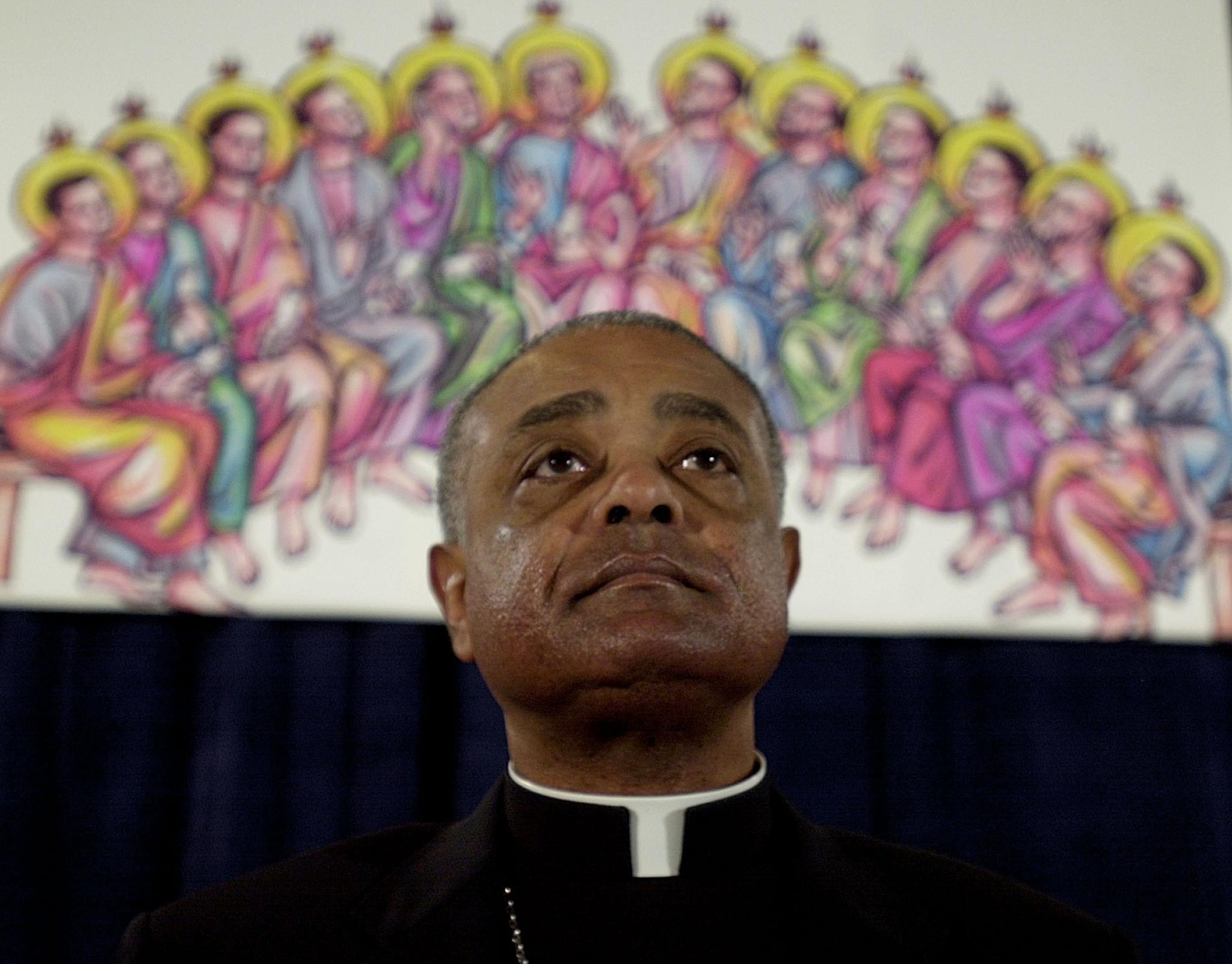Religious institutions are often viewed as instigators of conflict, oppression, and violence. That’s due in part to a natural media bias: Conflict makes news. It’s harder to notice the many ways in which churches and religious people work for peace and reconciliation. Here are three recent stories.
Two weeks ago Georgia Gov. Nathan Deal signed into law a bill that lets people bring guns into churches, schools, bars, government buildings, and other places where possession of firearms used to be prohibited or more tightly restricted. Under this law, bringing a gun to church can be punished only as a misdemeanor, and it’s not punishable at all if “the governing body or authority of the place of worship permits the carrying of weapons or long guns by license holders.”
More than 200 Georgia religious leaders opposed the legislation. A few days after the governor signed it, the bishop of Atlanta’s Episcopal diocese, Robert Wright, responded with a directive banning guns on church property. This decision, he explained, was “based on the normative understanding of the teachings of Jesus.”
The Catholic archbishop of Atlanta, Wilton Gregory, issued a similar rebuke: “The last thing we need is more firearms in public places, especially in those places frequented by children and the vulnerable.” He added:
[T]his new legislation de facto makes firearms more available in places where they may allow violence to escalate.
Churches and other places of worship are intended to be sanctuaries—holy sites where people come to pray and to worship God. In this nation of ours, they have seldom been the locations where violence has disrupted the otherwise peaceful atmosphere. Yet even those occasions—rare as they may be—are not sufficient reasons to allow people to bring more weapons into God’s house.
In Europe, church leaders have taken a stand against police raids on Czech mosques. On April 25, police in Prague raided two Islamic centers during prayers and detained 20 people, including an Indonesian diplomat. They arrested one man for publishing a book that they said promoted racism and xenophobia. Local Christian leaders denounced the raids. A Catholic priest called them sinful. A senior official at the Ecumenical Council of Churches said they violated the rights of worshipers.
In Africa, Muslim extremists have kidnapped more than 250 girls from a Nigerian school. Islamic leaders are condemning the crime. In a statement issued today, the Islamic Fiqh Academy declared that the kidnapping, like “other crimes committed by the likes of these extremist organizations … violates the provisions of the Quran and Sunnah.”
What these Christian and Muslim leaders have done is nothing special. Churches do such things all the time. Nor do a few good deeds erase the history of cruelty and violence in God’s name. But they ought to remind us that for every terrorist or gun nut, there are many people who practice the wiser teachings of their faiths. Religion is the vehicle through which most folks learn and practice morality. In the long run, it’s our friend.
